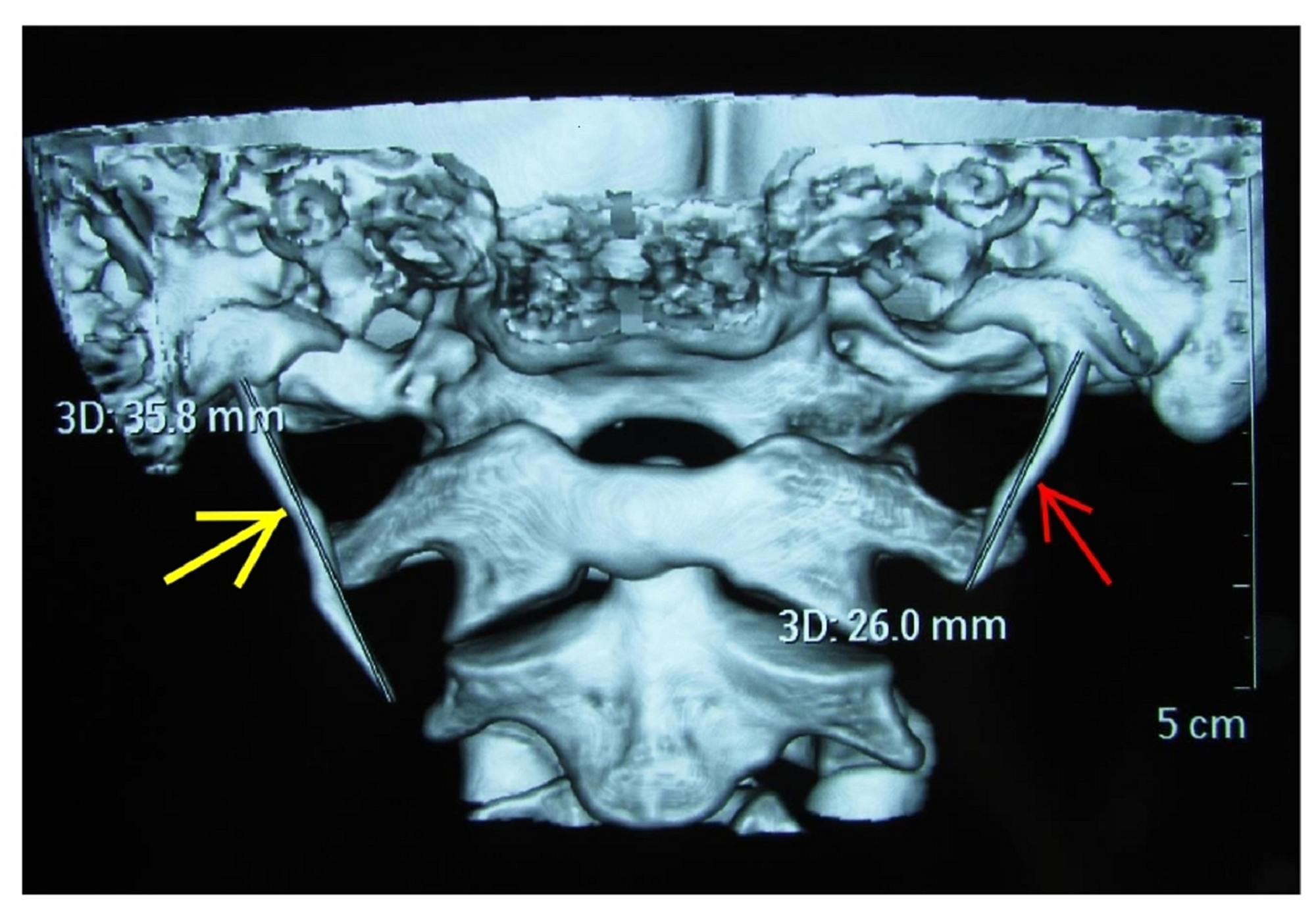

The abnormality or elongation leads to orofacial and cervical pain that are often triggered by neck movements. Health Literacy Online: A Guide for Simplifying the User Experience.Eagle’s syndrome, also known as stylohyoid syndrome, styloid syndrome, is caused by an elongated or disfigured styloid process, or a calcified stylohyoid ligament (Egierska D et al 2021).

Department of Health and Human Services, Office of Disease Prevention and Health Promotion. Washington, DC: The National Academies Press. National Academies of Sciences, Engineering, and Medicine. Improving newborn screening laboratory test ordering and result reporting using health information exchange. Reference: Data from the Newborn Screening Coding and Terminology Guide is available here.Reference: MedGen Data Downloads and FTPĭata from the National Library of Medicine's Newborn Screening Coding and Terminology Guide is used to note if a disease is included on Federal or State recommendations for newborn screening testing.Kohler S, Gargano M, Matentzoglu N, et al., The Human Phenotype Ontology in 2021, Nucleic Acids Research, Volume 49, Issue D1, 8 January 2021, Pages D1207–D1217.ĭata from the National Center for Biotechnology Information's MedGen is used to provide genetic testing information available for a disease. Orphanet is an online database of rare diseases and orphan drugs. Reference: Access aggregated data from Orphanet at Orphadata.Reference: UMLS Vocabulary Standards and Mappings Downloadsĭata from Orphanet and Human Phenotype Ontology (HPO) are used to provide information on a disease's symptoms, genes, inheritance, population estimates, and more.The National Library of Medicine's Unified Medical Language System (UMLS) is used to classify and organize diseases and disease categories. Primary care doctors and insurance companies can also help you explore options. Using the American Psychiatric Association tool you may need to expand your mile radius or search by state. Psychiatrists can be hard to find in some areas. They can provide therapy and prescribe medications. Psychiatrists are medical doctors that diagnose, treat, and manage diseases that affect mental, emotional, and behavioral health. Use the Psychology Today's Therapy Directory menus to refine your search. The types of therapy offered will vary depending on the therapist's specific training program. Rare patients and caregivers may find counselors and therapists specializing in chronic illness, stress, or grief to be helpful. The psychologist’s practice areas, treatment methods, licensure, and contact information is provided. Use the American Psychological Association tool, your location, and the Refine Search menu to find local options. Talking with them about their services can help you find someone with whom you feel at ease. Your level of comfort with a psychologist is important. The National Alliance on Mental Illness offers guidance on the different types of mental health professionals. Mental health support is available for patients and caregivers who are coping with the stress that can come with having a rare disease. Also provides links to tools to help collect family history. The Patient's Toolkit was designed for patients visiting their healthcare provider to help tell their story clearly.Įxplains the importance of collecting family health history and sharing family health history with doctors. Provides a downloadable set of prompts and questions to help encourage participation and partnership with medical professionals. Also offers tips from CDC for encouraging a child's development and what to do if a parent or guardian is ever concerned about how their child is developing.

Tracks a child's milestones from age 2 months to 5 years with Center for Disease Control and Prevention's (CDC) easy-to-use illustrated checklists. The following tools may help you gather the information you need: Doctors will ask for this information, usually at the first visit. To begin building this relationship, be prepared to share your medical history and that of your family members. Finding a doctor you can trust to provide you with the best options and course of treatment is a critical part of your health journey. Your relationship with your doctor is personal.


 0 kommentar(er)
0 kommentar(er)
